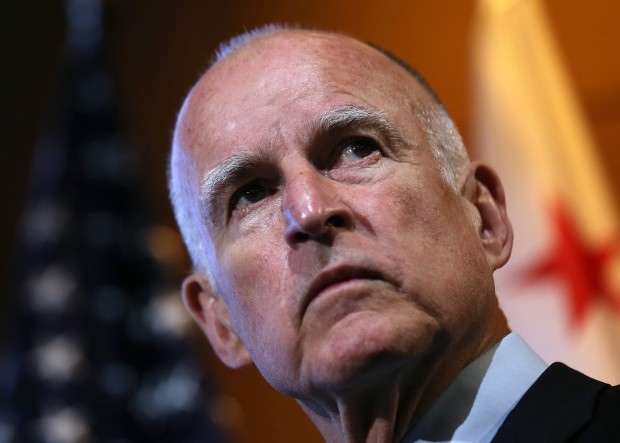
Gov. Jerry Brown unveiled his $164.7 billion budget proposal Friday and while health figures big, the governor also stopped short of funding some key advocacy goals.
For starters, there's no money set aside in the budget to provide health insurance to undocumented immigrants. The "Health for All Act" was re-introduced in December, after falling short in the legislature last year. But when Brown was asked specifically about covering the undocumented, he said "There's not a lot of money left in the budget. … It's very tight."
Then there are the million undocumented immigrants in California estimated to be eligible for deferred action under President Obama's executive order. Advocates say that these immigrants, once approved for deferred action, become eligible for Medi-Cal, as long as they qualify by income.
Brown isn't so sure, and there's no money in the budget to cover this population for Medi-Cal benefits.
"We were very disappointed that these individuals were not included in the Medi-Cal estimates," said Linda Nguy with the Western Center on Law and Poverty. Immigrants who qualified for President Obama's 2012 order, Deferred Action for Childhood Arrival, (DACA) are eligible for Medi-Cal. California covers many categories of immigrants more generously than federal law requires.